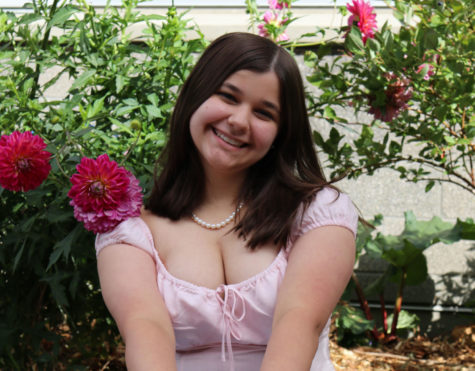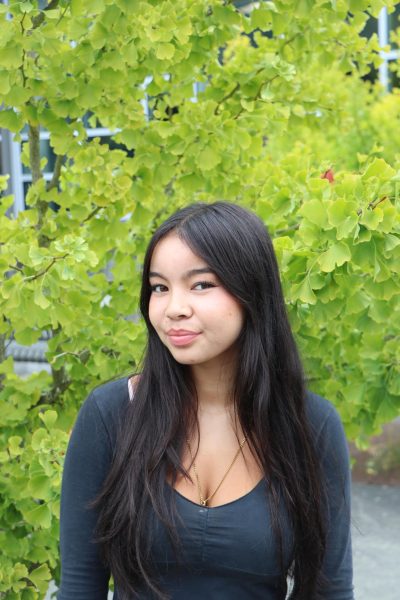Student activists urge using privilege to fight for a change
Students work on issues like gun violence, human rights, and climate change
May 27, 2020
“Your world is as big as your awareness.”
This is a saying that María Solano Arauz, senior, and a well-known activist at our school lives by. She is a Student Activist Coordinator for Washington State within Amnesty International, a member of Shorewood’s Amnesty chapter, and a proud immigrant. Currently she is working on a high capacity gun and magazine restriction bill, titled Bill HB2947, alongside March for Our Lives and Amnesty International. March for Our Lives is a youth led organization that protests against gun violence.
Amnesty International is a human rights organization consisting of seven million members, making it the largest human rights group in the world. The members lobby, protest, and petition to protect human rights such as the right to security, and the freedom of expression.
Other important topics such as climate change are protested by youth including junior, Nara Kim. She is the Outreach Director of Washington Youth Climate Strike and she works alongside Womxn’s March Seattle, an organization of majority women, who protest oppression. On Jan. 5th, Kim attended a counter protest against a white supremacist group, the Three Percenters. Kim said, “We started to occupy the street, which was illegal because we did not have a permit.”
In these situations, police are often called in, to barricade the original protest. Many people left; however, Kim and her friend Kimaya Mahajan, the co executive of Washington Youth Climate Strike, decided to stay.
“We were the only two people occupying the street with some photographers and news media. It was hundreds of cops, and two teenagers that were unarmed” said Kim. The counter-protest ended up causing the Three Percenters rally to be delayed, yet was not cancelled as many had hoped. Protests such as these can cause real change, yet the majority of Shorewood students are not a part of them.
Both Kim and Solano feel that our school community could make more of a difference. “Our high school is so privileged. Economically, we are privileged. Educationally, we are privileged. Socially, we are privileged. I don’t understand why we aren’t using that for better,” Kim said. Solano echoed similar ideas. “It’s sad to see all these people who have the right to vote, and are just throwing it away. I wish I could vote,” she said. In the 2016 presidential election, Solano and a number of her family members were unable to vote.
Solano explained that before Donald Trump began to run for president, she had little interest in politics. “One night I listened to Trump, and he was calling Mexicans rapists. I couldn’t believe that someone like that was running to be President of the United States of America,” said Solano. Before her immigration to America, she lived in four Latin American countries.
“I never expected to be an activist in Latin America because it is not something you do unless you want to get killed,” said Solano. According to Amnesty International’s website, 208 human rights activists were killed in Latin America in 2019 alone.
Many activists risk getting ridiculed, jailed, or in extreme cases, killed. However, millions of students around the world are still protesting for positive change. One of these protests is the Student Walkout for Climate Change that occurs in September. Kim said, “40,000 people came to the climate strike on Sept. 20, and when I see those people, I’m inspired by every single one of them.” Taking action of the privilege that Americans have to protest and petition without great fear is something Solano appreciates. Solano said, “Being able to be here, and stand up for what I believe in is something I will never take for granted.”



